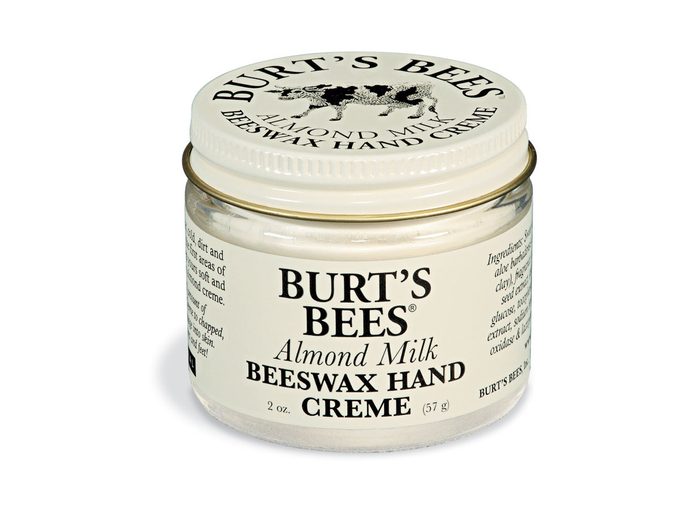Burt’s Bees: Doing Good for Your Skin and the Planet
All-natural beauty brand, Burt’s Bees, is doing good for your skin and the planet. Best Health takes a look inside the hive

Source: Best Health magazine, November/December 2015
Sure, you’ve probably already tried Burt’s Bees products because they’re all-natural, but we’ve got even more reasons to love this brand. Burt’s Bees has serious eco-cred and once you hear about all they do for human and honeybee health, you’ll be proud to pocket their signature lip balms ‘ or other products in their burgeoning line.
Our deputy editor Karen Robock sat down with Paula Alexander, director of sustainable business & innovation for Burt’s Bees, to talk about the business of doing good.
Why is being a Do-Gooder a brand priority?
We really consider ourselves nature’s advocate. It always comes back to our founders’ [Roxanne Quimby and Burt Shavitz, the face of the brand] values. They were resourceful out of necessity, but it was also because they just loved nature and believed in its wisdom and power. We still hold true to those values today.
How do you do good?
We try to think about it holistically, from resource to disposal. We manage our waste, our water and our energy usage to reduce our impact on the planet, but we’re also making sure that we’re tracing all the way back in our supply chain. This thinking flows through to the way we formulate, manufacture and how consumers enjoy our products and then dispose of them. Along the way it includes the way we engage employees and give back to the community. All those pieces together are how we do good.
What’s your biggest initiative that no one’s ever heard of?
As you saw at our entrance, we have an ‘observation beehive’ at our global head office in Raleigh, NC. I’m not aware of too many other beauty brands that have a beehive in the front wall of their building. It’s such an important symbol of what we’re all about because bees are an indicator species. They really tell us how things are going in the environment and they’re just such resourceful little creatures. Through their pollination they provide a lot to our economy and agricultural business, so we think it’s important to support them. Having a beehive here is a great way to talk about that and to encourage our employees to think about nature every day when they walk in the door.
Any staff-led initiatives?
We have this Green Derby team that’s made up of a group of volunteers that goes around the building auditing our waste bins to ensure we’ve sorted everything properly. It’s important to make sure we’re not sending any waste to landfill. On a monthly basis they sort through all the bins and one errant item can fail it. Our target is 80 percent passing on a monthly basis; last year we fell just shy of that.
So we really ‘talk trash’ here in the office a lot, just to ensure we’re keeping it top of mind.
What are your giving goals?
We have goals around how many acres of pollinator-friendly forage we’re creating, our operational footprint and maintaining our natural formulations. We really do think it’s important to set goals and monitor them on a regular basis.
We also have a service program called Live the Greater Good in which all of our employees contribute eight hours of time with our partners ‘ primarily non-profits in the area [of Raleigh, NC] that have community gardens or other programs that contribute to human and honeybee health. Our employees go out and serve together, ideally in nature. A lot of companies will give paid time off [for employees to do volunteer work] but not every organization requires 100 percent participation and we do. That’s really important to our company culture.
Any challenges to doing good?
A lot of people might not know how difficult it can be to formulate naturally and still make beautiful, efficacious products. To have packaging that’s really earth friendly, meaning it can be recycled and is made of post-consumer recycled content. They don’t realize how hard it is.
We have a lot of difficult conversations around here and I often have to be the dissenting voice that says, ‘Wait, is this really in the interest
of the greater good?’




